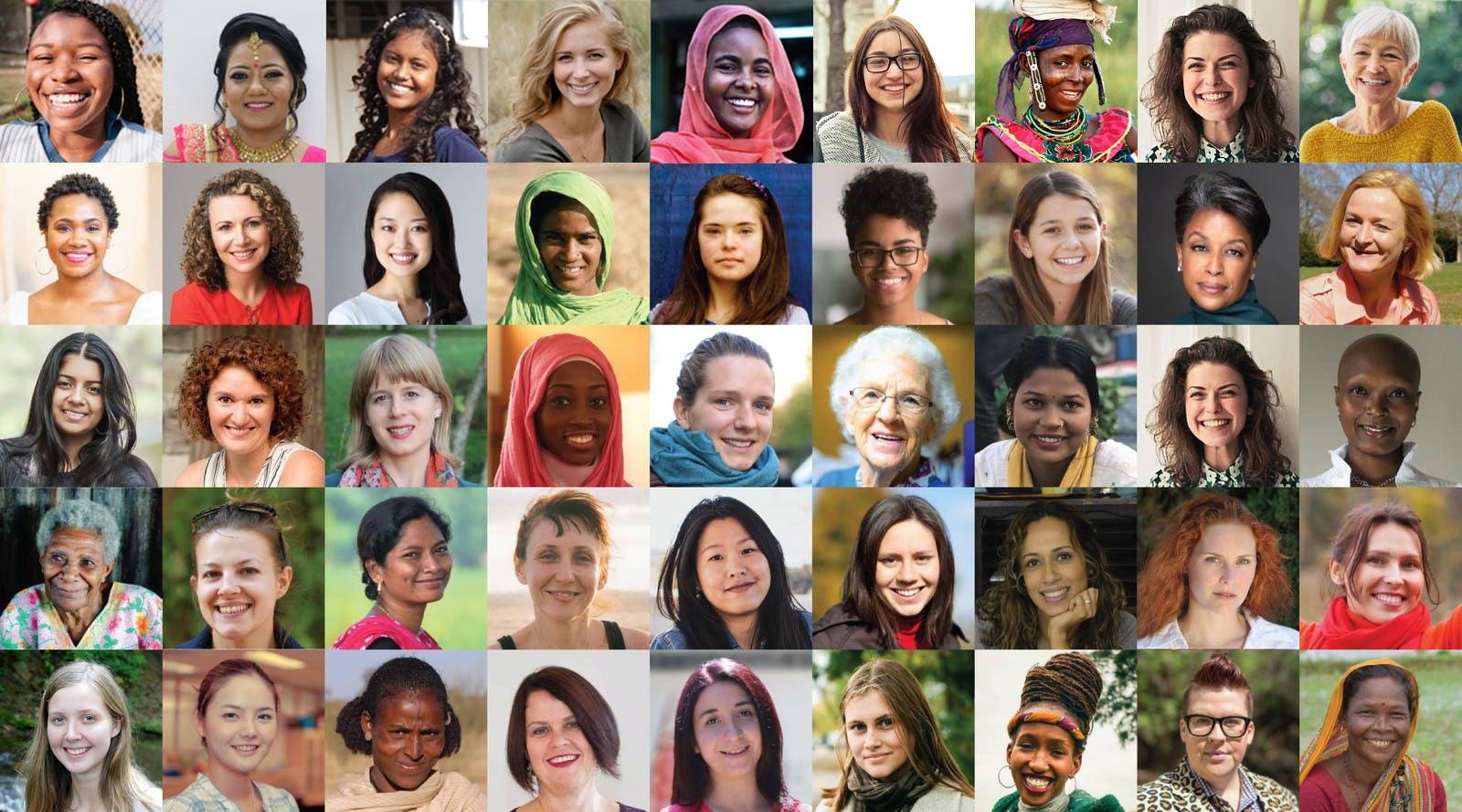Regenerating Brazil's Mangrove Forests Through a Women-led Climate Coalition
Brazil is home to some of our planet's most thriving biodiversity and essential mangrove ecosystems. Yet, environmental degradation has been intensifying over the last 20 years due to deforestation, unsustainable tourism, and urbanization.
The small community of Barra Grandein Piauí has seen the impacts of these destructive industries. Here, women have been stewards of nature and their communities for generations. This ancestral compassionate care inspired three local women to create Filha do Sol to restore tropical ecosystems.
Support for this project will help Filha do Sol create a women-led coalition to regenerate the mangroves in this region and empower them to be climate justice advocates.

Photo: Courtesy of Filha do Sol
Regenerating the Delta do Parnaíba mangroves
Once created, the women-led climate coalition will revive the mangroves of the Delta do Parnaíba in the Brazilian Northeast. The estimated potential carbon stocks in this area's top two meters of soil are 42,177,836 tonnes.
Beyond the carbon mitigation potential, the restoration of the Delta do Parnaíba mangroves will also support the livelihoods of thousands of people, including traditional communities and women who make a living from small-scale fishing.

Photo: Courtesy of Filha do Sol
Creating women community leaders
For Filha do Sol, mangrove regeneration goes beyond planting trees. It also involves removing plastic pollution, incentivizing the circular economy, educating kids on climate, raising awareness about the connection between marine wildlife and mangroves' health, and pressuring the government for better protection legislation.
The women-led climate coalition will be critical in these actions. Support will educate 120 women on climate justice, leadership, and organizing skills so that they may become effective community leaders.

Photo: Courtesy of Filha do Sol
Establishing a global network
Filha do Sol acts at the intersection of gender equality and environmental justice. The long-term vision for this project is a network of decentralized women-led coalitions working on the most relevant climate problems in their communities across the Tropics, our planet’s first line of defense against climate change.
A network of this magnitude can strengthen the climate resilience of the Global South with cascading positive effects for the whole world.

Photo: Courtesy of Filha do Sol


.jpg?auto=compress%2Cformat)

